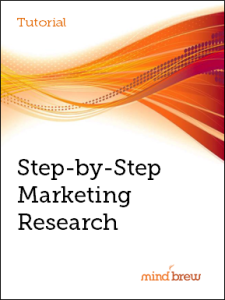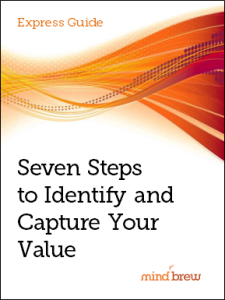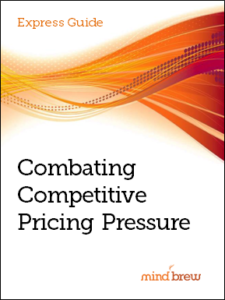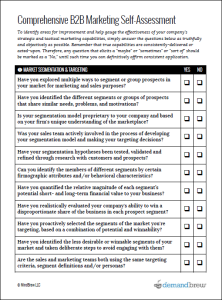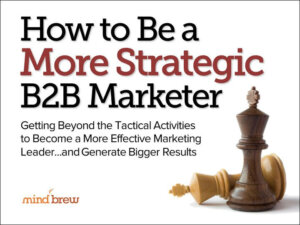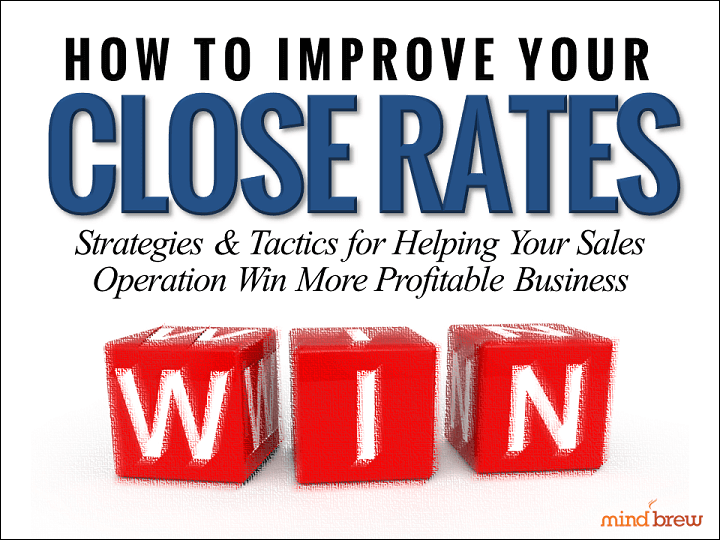Legendary adman David Ogilvy once said, “Advertising people who ignore research are as dangerous as generals who ignore decodes of enemy signals.” Ogilvy knew what he was talking about—he worked for British Intelligence during World War II. And he used what he learned there—as well as his experiences working as a salesman and a pollster—to help him create some of the most effective marketing campaigns of all time.
Unfortunately, few of today’s B2B marketers have taken Ogilvy’s comments about research to heart. Sure, they may have market research, which gives them a lot of impersonal facts and figures about the size and quality of their market, but few conduct actual marketing research, which is entirely different.
In a nutshell, real marketing research involves getting to know your customers and prospects. It helps you understand how they think, what things are important to them and why they choose certain products or services over others.
Market research might tell you that you have 200 potential prospects in a given area with up to $5 million to spend on products like yours. Marketing research might tell you most of the potential buyers are in their thirties and married with children, that they’re more concerned about long-term value than the upfront price, or that 90 percent of the people in that territory are fans of the same football team.
Obviously, the market research is important from a planning and measurement standpoint, but the marketing research is much more helpful when it comes to crafting the messages you want to deliver to your audience. And it’s absolutely essential if you are crafting buyer personas for your products.
Fortunately, conducting marketing research is really easy—it’s basically just talking to people.
You can conduct research interviews in person, over the phone or by email. You can try to corner people at industry events or talk to some of your existing customers and leads. The more you have these conversations, the easier they will become, and the better your understanding of your market will be. Don’t forget that the market and your target audience are constantly changing, so this is an ongoing process rather than a one-and-done project.
To make your marketing research as effective as possible, we recommend doing some planning ahead of time and making sure you have a process for collecting and sharing the data. The Step-by-Step Marketing Research tutorial explains the process in detail, and it offers a lot of helpful tips for conducting effective interviews.
Marketing research is too important to let it fall by the wayside. And just as in war, if your enemies (or competitors) have better intelligence than you do, you’re going to be at a serious disadvantage.

